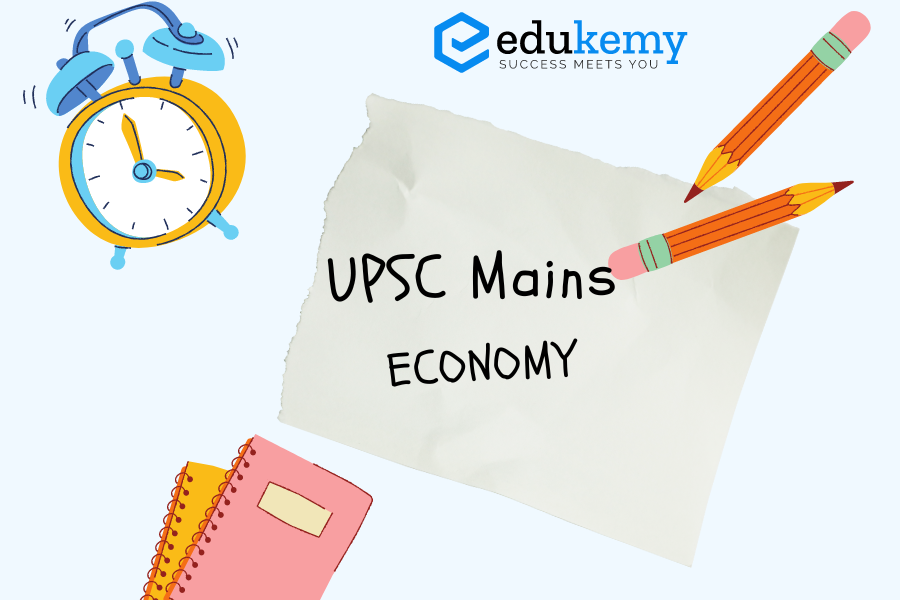
Contents
Introduction:
The recent initiation of private firms operating 151 new passenger trains by Indian Railways aligns with long-standing recommendations for the privatization of the sector, emphasizing sector growth and service improvement.
Body:
Pros of Privatization of Indian Railways:
Competition and Efficiency:
- Market-driven Competition: Privatization fosters competition among operators, leading to enhanced services at lower costs for passengers and freight.
- Incentives for Efficiency: Profit-driven private enterprises promote efficiency, contrasting with potentially less streamlined government-owned entities.
Innovation:
- Entrepreneurial Spirit: Private companies innovate processes, contributing to modernization and exploring technologies not readily pursued in government settings.
- Risk-taking and Experimentation: Private entities, free from bureaucracy, foster innovation and technological advancements.
Service Quality and Customer Experience:
- Customer-Centric Approach: Privatization emphasizes meeting customer needs, resulting in improved service quality and enhanced overall experiences.
- Flexibility and Responsiveness: Private companies, being agile, adapt quickly to changing market demands, trends, and customer preferences.
Resource Allocation and Financial Discipline:
- Optimized Resource Allocation: Privatization enables effective resource allocation, potentially leading to improved infrastructure and service efficiency.
- Financial Discipline: Private enterprises exhibit financial discipline, translating into better resource management and cost-effectiveness.
Job Creation and Economic Growth:
- Stimulating Economic Activity: Privatization stimulates economic growth, fostering competition, and innovation, and attracting investments, leading to job creation.
Cons Related to the Privatization of Indian Railways:
- Limited Sector Coverage: Neglect of Less Profitable Routes, Privatization may neglect less profitable routes, hampering regional development in challenging terrains.
- Fare Hikes: Affordability Concerns, Private enterprises aiming for profits could raise fares, contradicting the inclusive purpose of Indian Railways.
- Cross-Subsidization Challenge: Competitive Disadvantage The cross-subsidization model of Indian Railways creates a competitive disadvantage for private players due to below-cost pricing.
- Conflict of Interest: Lack of Fair Competition The current structure creates a conflict of interest, hindering fair competition between private and government operations.
- Social Welfare Impact: Inflation of Transportation Costs: Profit-driven privatization may inflate transportation costs, impacting the public dependent on Indian Railways for low-cost goods transportation.
Regulation in Indian Railways:
- Public Interest Protection: Government regulations prioritize safety through initiatives like ‘Pradhan Mantri Rail Awas Yojana,’ ensuring compliance and investigating accidents.
- Fair Competition: The Railway Regulatory Authority of India (RRAI) prevents monopolies, setting entry guidelines and monitoring private operators for a level playing field.
- Infrastructure Investment: Government agencies drive critical infrastructure investment, illustrated by initiatives like the Dedicated Freight Corridor (DFC) project.
- Environmental and Social Sustainability: The Ministry of Environment sets environmental standards, aligning with reducing the carbon footprint of train operations.
- Tariff Regulation: Railway Rate Tribunal regulates tariffs, ensuring fairness and consideration of diverse socio-economic groups.
- Quality of Service: The Railways Passenger Grievance Redressal System (RPGRS) addresses complaints, actively monitoring and regulating service parameters.
- Contractual Agreements: Concession agreements undergo government oversight, ensuring transparency, regulatory adherence, and fair contractual terms.
Conclusion:
Implementing Bibek Debroy committee recommendations, which advocate expanding railway manufacturing and corporatizing core functions, suggests a balanced solution to leverage both private and government strengths for Indian Railways’ enhanced performance in serving the world’s largest democracy.
In case you still have your doubts, contact us on 9811333901.
For UPSC Prelims Resources, Click here
For Daily Updates and Study Material:
Join our Telegram Channel – Edukemy for IAS
- 1. Learn through Videos – here
- 2. Be Exam Ready by Practicing Daily MCQs – here
- 3. Daily Newsletter – Get all your Current Affairs Covered – here
- 4. Mains Answer Writing Practice – here

